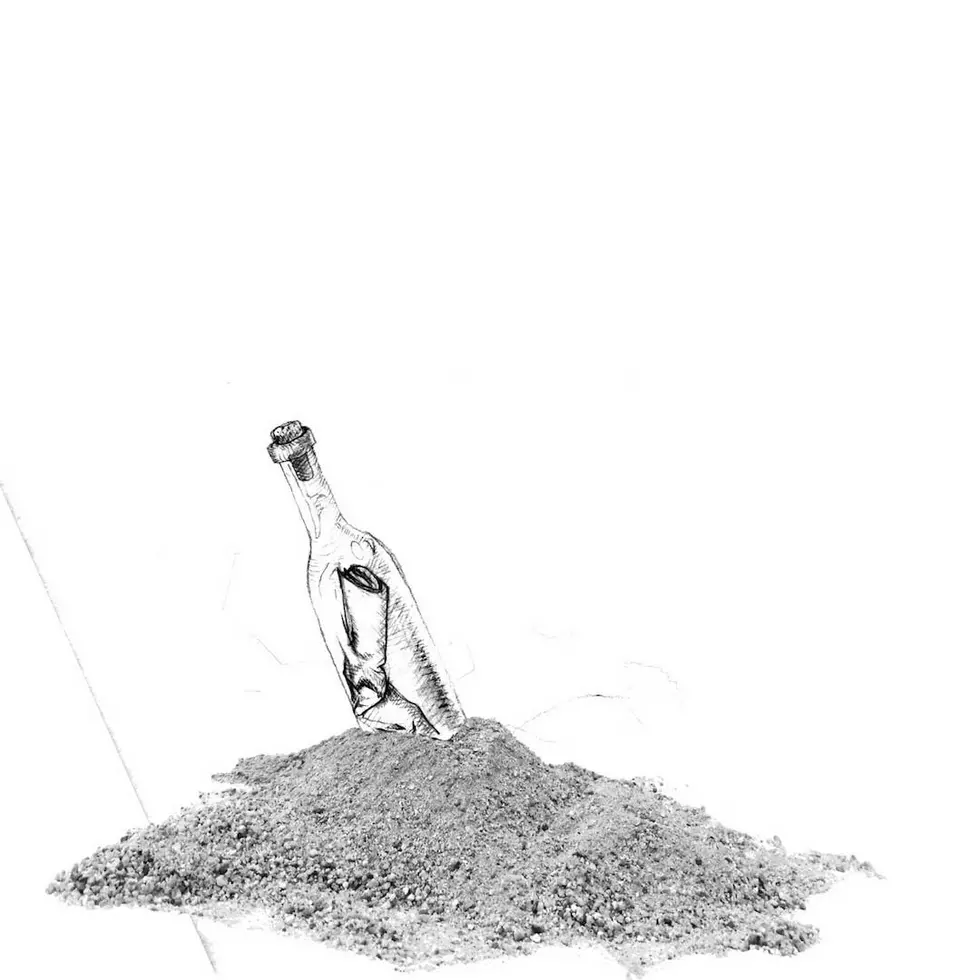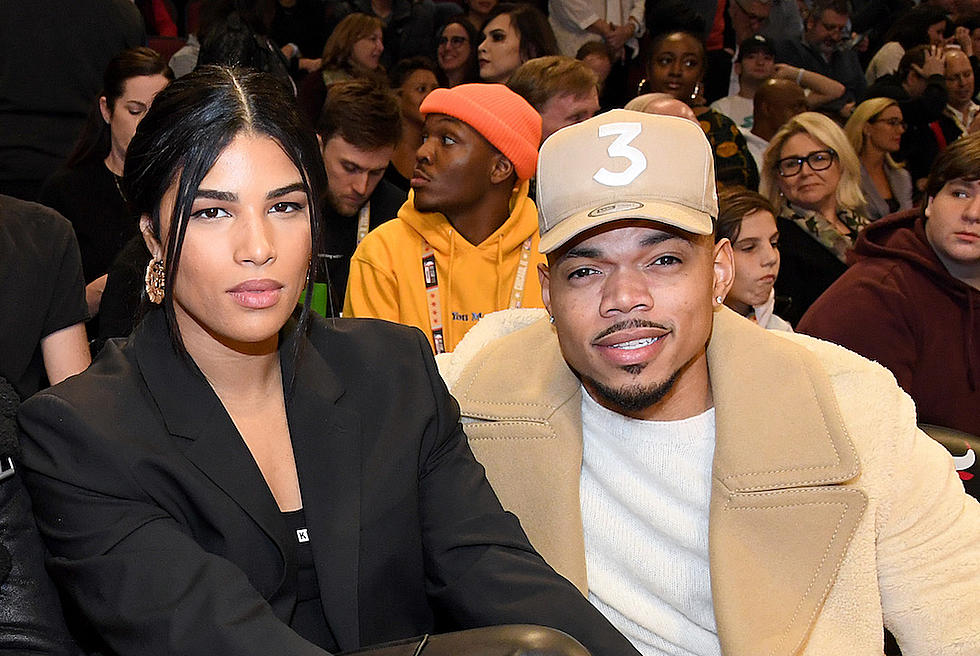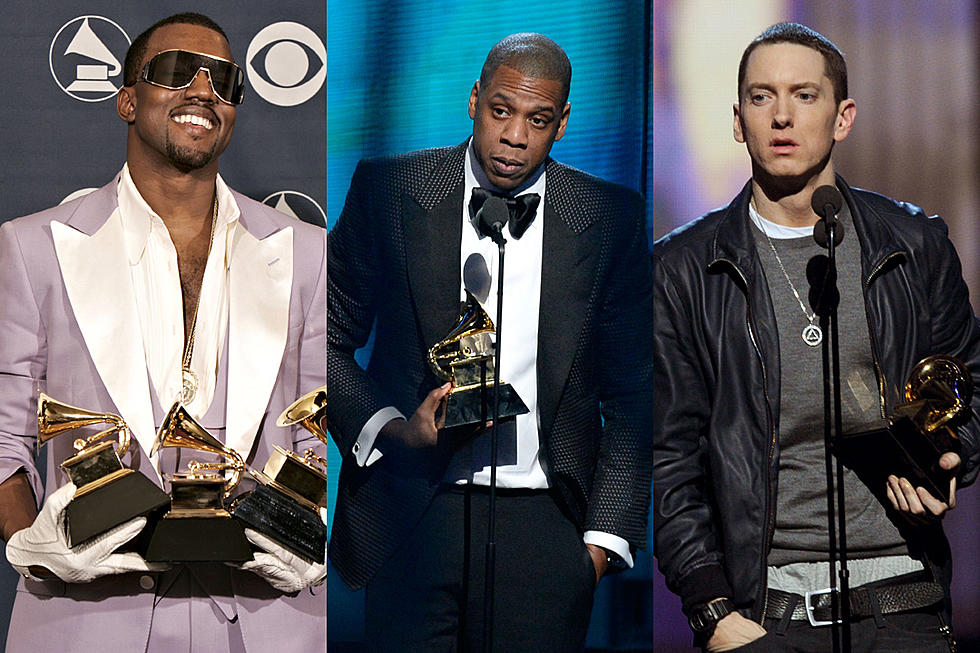
Chance the Rapper, Donnie Trumpet and the Social Experiment Shine on ‘Surf’
Chance The Rapper, the singer, the film producer, the viral sensation, has evolved into a folkloric figure in the two years since the release of his universally acclaimed 2013 Acid Rap project. The typical route an artist takes when their mixtape reaches Double Platinum status on Datpiff is to follow up with an official debut album, spearheaded by a contrived single featuring megastar billing.
But the Chicago native is far from typical, even in spite of a city known for birthing some of the most transcendent voices in hip-hop. As the antithesis to Kanye West’s proud narcissism, or even Lupe Fiasco’s socially conscious poetics, Chance’s self-deprecating rhymes have made him an accessible hero to the progressive millennial audience, who increasingly equate weirdness with cool. But the long-awaited Surf project is far from a solo Chance album. The Social Experiment is the collaboration of Chano, Donnie Trumpet and a slew of other musical virtuosos. The attached liner notes to each track read like a University thesis bibliography, and consequentially Surf is the product of a string of musicians ingrained with a wanderlust for diverse sounds.
It’s difficult to pinpoint the exact abracadabra moment Surf morphs from lab experiment to meticulously-tested formula crafted by a creative braintrust meshing talent with a multitude of sonic influences. There are splashes of D’Angelo and ?uestlove’s neo-soul offpsring on “Caretaker”; Tinges of Jimi Hendrix’s Bold As Love tonal arrangements on “Smthnthtlwnt”; a nod to Miles Davis’ Bitches Brew jazz fusion escapade on the Donnie Trumpet-led instrumental “Nothing Came To Me”; and spacey Funkadelic textures on “Something Came To Me.” Presiding over all is the seemingly oddball, Kanye-influenced “sweeter-than-old-Sadie” pairings. The sum of all parts make for a stupefying sonic experience.
Despite the jovial, marching band essence of “Slip Slide,” purposely featuring animated artists like Busta Rhymes, Janelle Monae and B.o.B, the first capstone moment of Surf is the band’s collaboration with J. Cole and NoName Gypsy on “Warm Enough.” Chance usually prefers to accent his rhymes with clear enunciation, although there is a further degree of intimacy coding his bars on Surf than his previous work: “You don't know me and love got a secret handshake/And mad inside jokes/I could tell it’s knock knock when my heart beat-box/Use our inside voice/Who are you to tell me I don’t want you/The way flesh wants freedom/The way greed love need, the way kings need kingdoms?”
With Acid Rap, Chance tackled weighty issues with lighthearted, comedic flair. The same lofty thematic undercurrents reveal themselves under the guise of whimsy on Surf. Chance, Big Sean and KYLE slander obsessive fandom, celebrity idol worshipers and slaves to taste makers’ opinions on “Wanna Be Cool.” On “Familiar,” Chance is unimpressed by “cardboard cutout” models who grace the covers of fashion magazines, lumping them all together as indistinguishable. On “Windows,” assisted by BJ the Chicago Kid and Raury, he attacks his own esteemed image, establishing himself not only as an unreliable narrator, but also cautions listeners not to mistake him as a role model.
For all its dabbling in the black arts, Surf does have a few missteps, but they are ephemeral at best. “Go” is dragged down by the repetitive, nursery rhyme chorus, but Joey Purp’s savvy rhymes at the finale provide a necessary rescue. Despite The Social Experiment’s overt devotion to keep the album a family affair, Chance is undoubtedly the main draw in the equation and instrumentals prime for his vocal presence either don’t feature him enough or not at all, like the sonic dreamscape of “Questions” where Chance is completely AWOL. But for the majority of the album, the band exhibits a masterstroke of timing. On “Rememory,” Chance’s varied rhyme cadence on Donnie Trumpet’s velvety horns transition beautifully to Erykah Badu’s brief but climatic vocals.
After voyaging into various sonic worlds, Surf nears its final destination point with the most readily digestible track of the album, the polished and sleek catchiness of “Sunday Candy.” While the overall project can’t be classified by cute genre labeling, Surf may polarize opinion based not on the cascade of sounds or group-minded mentality, but primarily because of a widespread desire for an Acid Rap 2, or in other words, an album with Chance as the sole creative dictator. Having only recently turned 22, audiences can assume that via whatever collaboration or sonic venue Chance chooses to operate, he will continue to release thought-provoking material. —Kellan Miller
More From XXL









